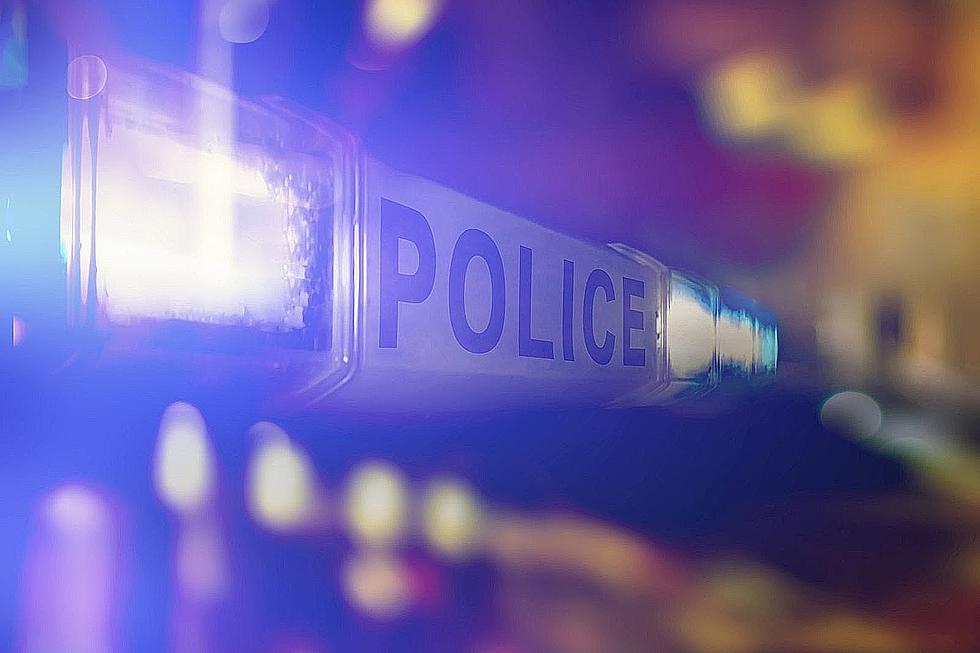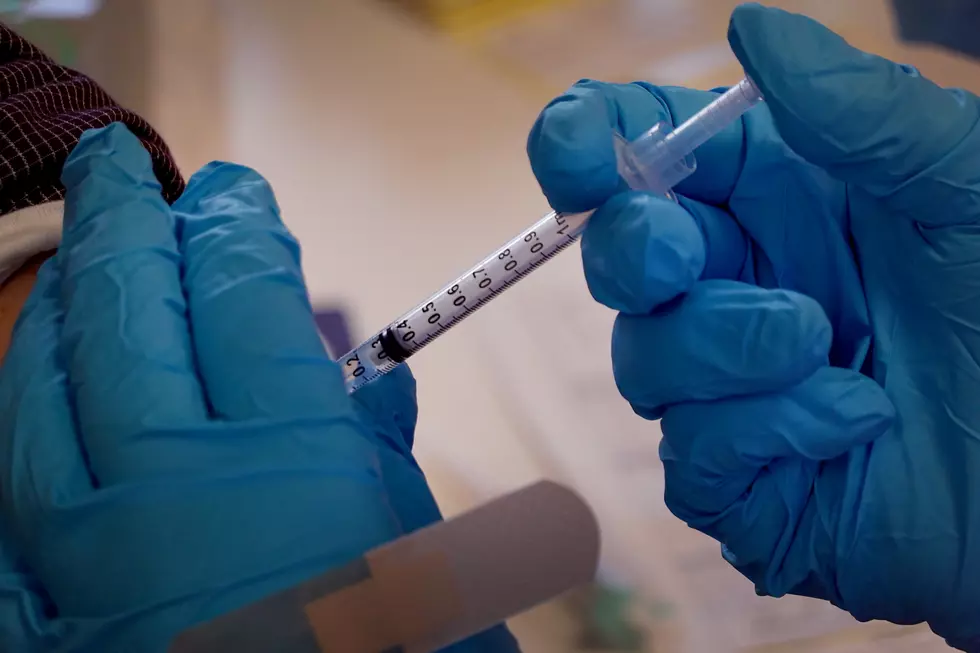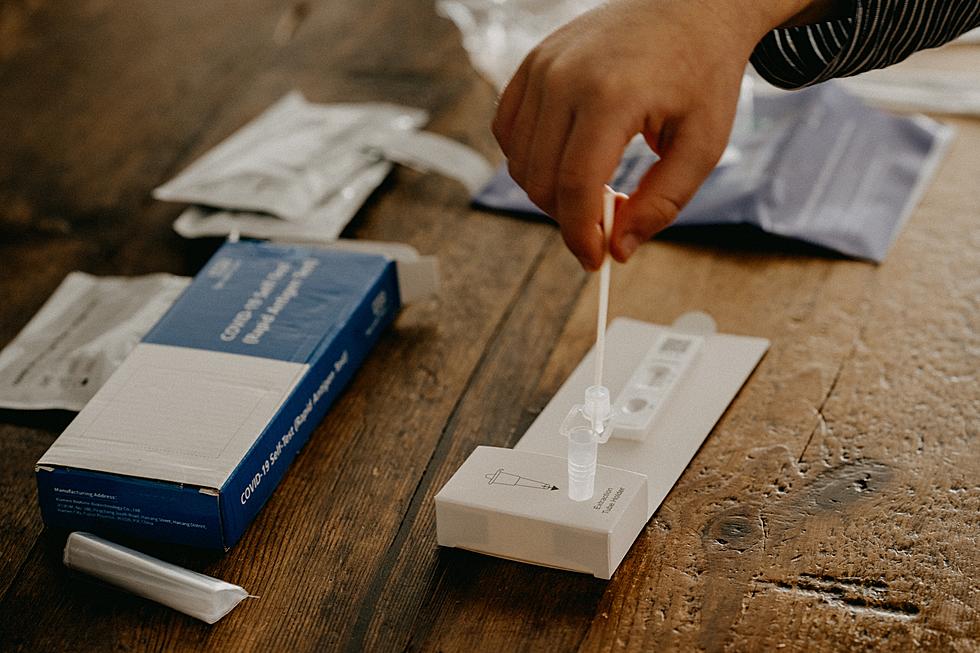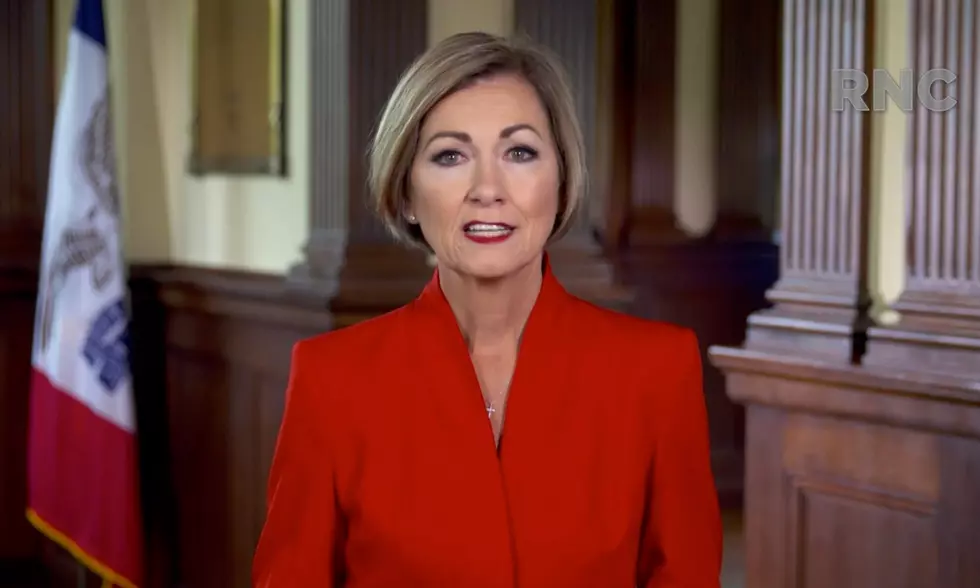
First Responders Describe Impact of COVID-19 on Public Safety Efforts
ST. PAUL -- First responders from around the state joined Governor Tim Walz for a news conference Wednesday to describe the impact of the COVID-19 pandemic on public safety professionals and their ability to respond to emergencies.
Police and fire departments statewide have reported needing to suspend operations and rely on mutual aid from neighboring communities due to staff contracting COVID-19 or isolating because of exposure.
Roger New, Chief of the Eagan Police Department, says they've had to quarantine
"countless" staff members due to the coronavirus.
"One of our staff members was hospitalized for a few days," New said. "It took him almost two months to fully recover and return to work."
New says the force has had to modify their enforcement efforts to help keep officers safe, postpone or cancel trainings, and limit community outreach activities.
John Harrington, Department of Public Safety Commissioner, says the pandemic has hit fire departments especially hard. He says 99 of the roughly 500 fire departments in Minnesota have experienced a COVID-19 outbreak.
"When you think about how we picture our fire departments working together - they work together in units," Harrington said. "They work together in groups. They're in a truck together. They're on a fire scene together. They're in a locker room together, gathering their gear and getting ready to go out there."
Jay Wood, a member of the Plato Fire Department in McCleod County, says they were forced to take the department out of service due to a significant outbreak of COVID-19, relying instead on support from emergency personnel in neighboring communities.
"Before we knew it, over three-quarters of our fire department had been affected in one way or another by the virus," Wood said. "They tested positive, or they were exposed."
"The biggest thing the public can do to help the fire service and all public safety is to follow the guidelines the Governor and the Health Department has set out," Wood added.
Walz says a limited shipment of COVID-19 vaccines could arrive in Minnesota as early as next week, with priority given to workers in clinics, hospitals and long-term care facilities. Essential workers, such as emergency personnel, are likely to be next in line.
Dryer Sheet Hacks
More From KRFO-AM









